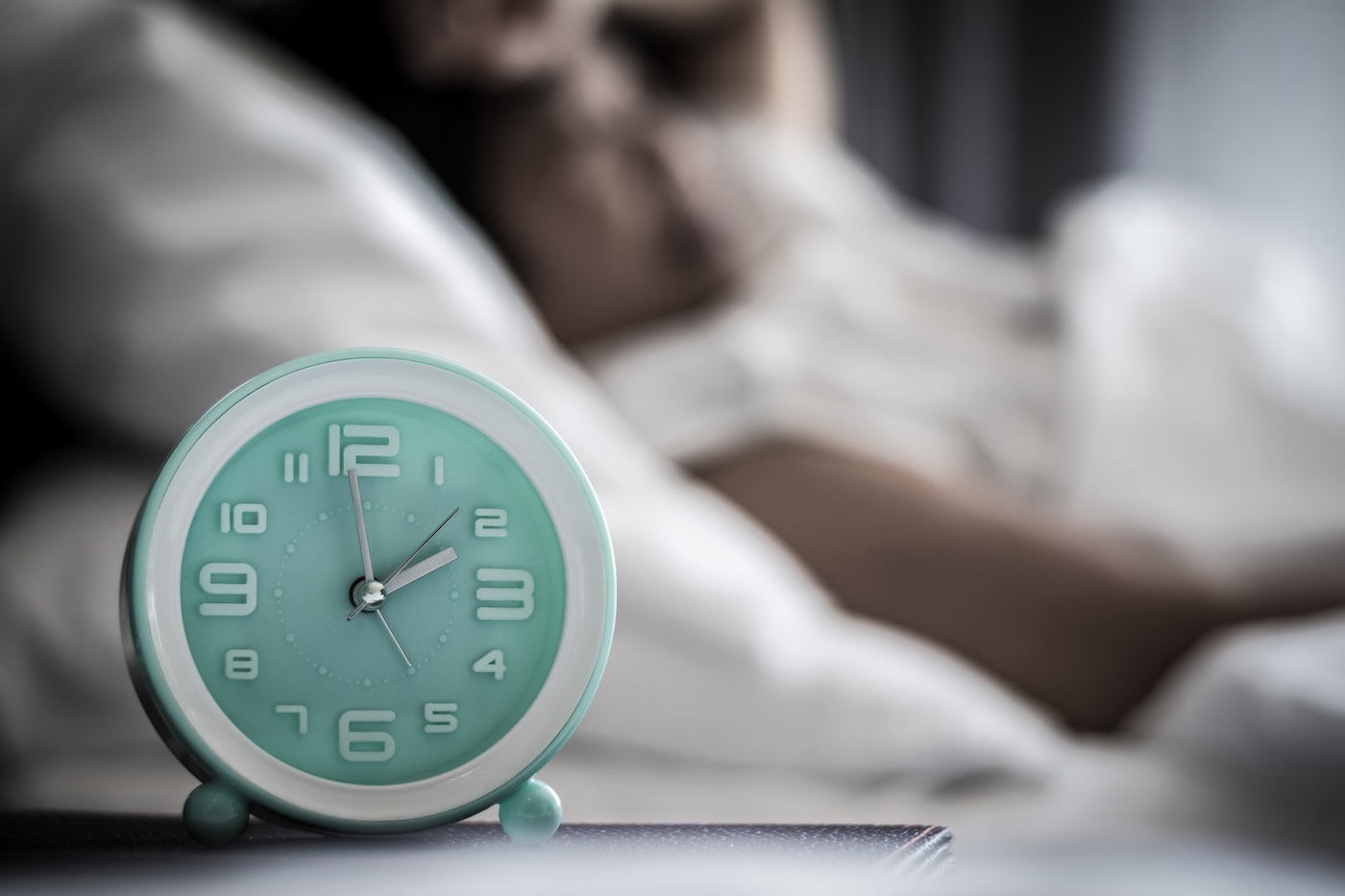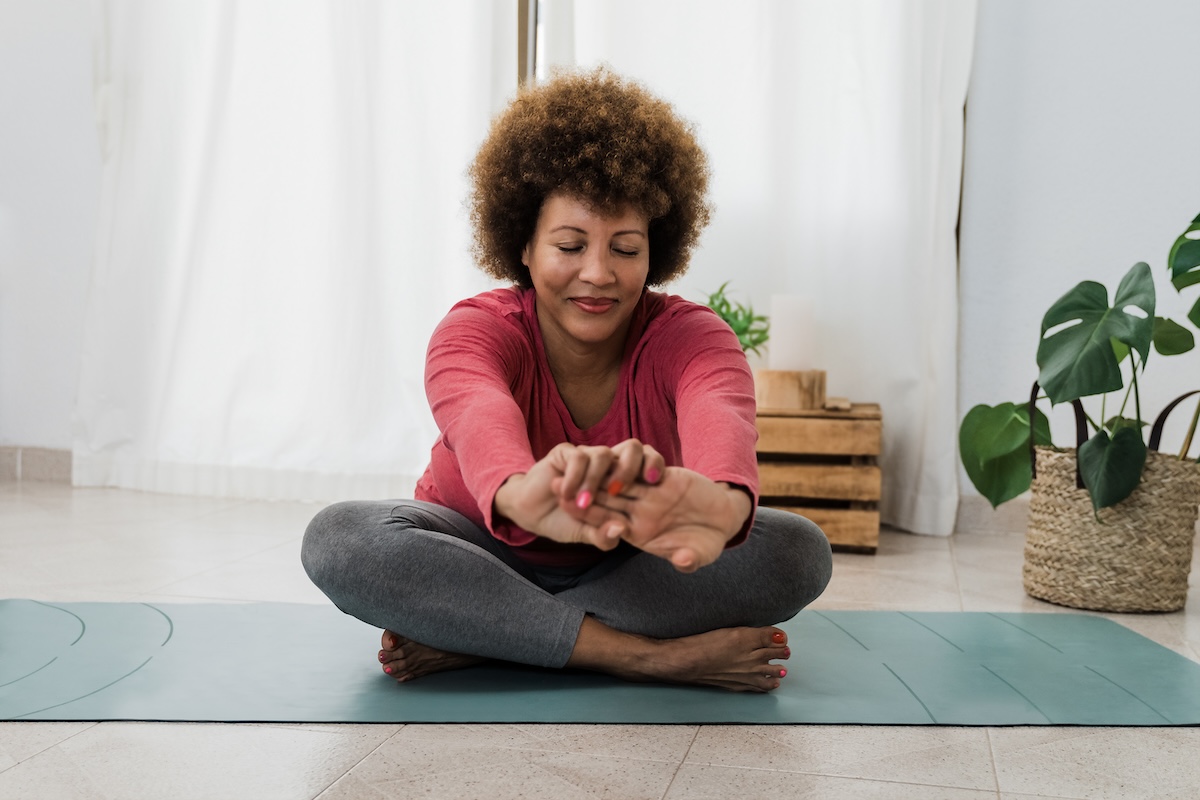A good night’s sleep becomes increasingly crucial for overall health and well-being. For seniors seeking the rejuvenating benefits of deep sleep, establishing a tailored bedtime routine is a proactive step toward achieving a restful night. Here are three simple yet effective changes seniors can make this week to kickstart their journey toward better sleep.
Consistent Sleep Schedule
One of the most impactful changes seniors can make to enhance their sleep quality is establishing a consistent sleep schedule. Going to bed and waking up at the same time each day helps regulate the body’s internal clock, reinforcing the natural circadian rhythm. This week, do your best to set a bedtime and wake-up time, creating a routine that aligns with your body’s natural sleep-wake cycle.
Consistency sends powerful signals to the body, promoting a more predictable and restful sleep pattern. Even on weekends, seniors should maintain their established sleep schedule to maximize the benefits of a well-regulated circadian rhythm.


Relaxing Pre-Bedtime Rituals
Seniors can transform their evenings by incorporating calming pre-bedtime activities into their routine. This week, take time to explore activities that induce relaxation and tranquility. Reading or listening to a book, practicing gentle stretches or restorative yoga, or engaging in mindfulness exercises are excellent choices.
To get started, set aside at least 15-30 minutes before bedtime for these calming rituals. Create a cozy and inviting environment in the bedroom, dimming the lights and minimizing stimulating activities. By consistently engaging in these relaxing pre-sleep rituals, seniors signal to their bodies that it’s time to wind down, fostering a serene transition into a restful night’s sleep.
Making sleep a priority and considering sleep to be a significant component of your health and well-being is a good start. – Lucy Wolfe, CGSC, MAPSC
Optimize Your Sleep Environment
The sleep environment plays a crucial role in achieving deep and restorative sleep. Seniors can make tangible changes to their sleep space this week to enhance comfort and promote optimal sleep conditions. Start by evaluating the mattress and pillows for comfort and support. Investing in a mattress that aligns with personal preferences and specific health needs can make a significant difference.
Additionally, consider adjusting the bedroom lighting. This week, install blackout curtains or wear a sleep mask to minimize exposure to external light, creating a dark and calming atmosphere conducive to deep sleep. Maintaining a comfortable room temperature, typically slightly cool, can contribute to a more restful sleep environment.
Take Away
Seniors can sleep better by making three simple yet impactful changes this week. By embracing a consistent sleep schedule, incorporating relaxing pre-bedtime rituals, and optimizing the sleep environment, seniors can create the foundation for deep and restorative sleep. These changes enhance the quality of sleep and contribute to improved overall health, leaving seniors feeling restored and invigorated each morning.

